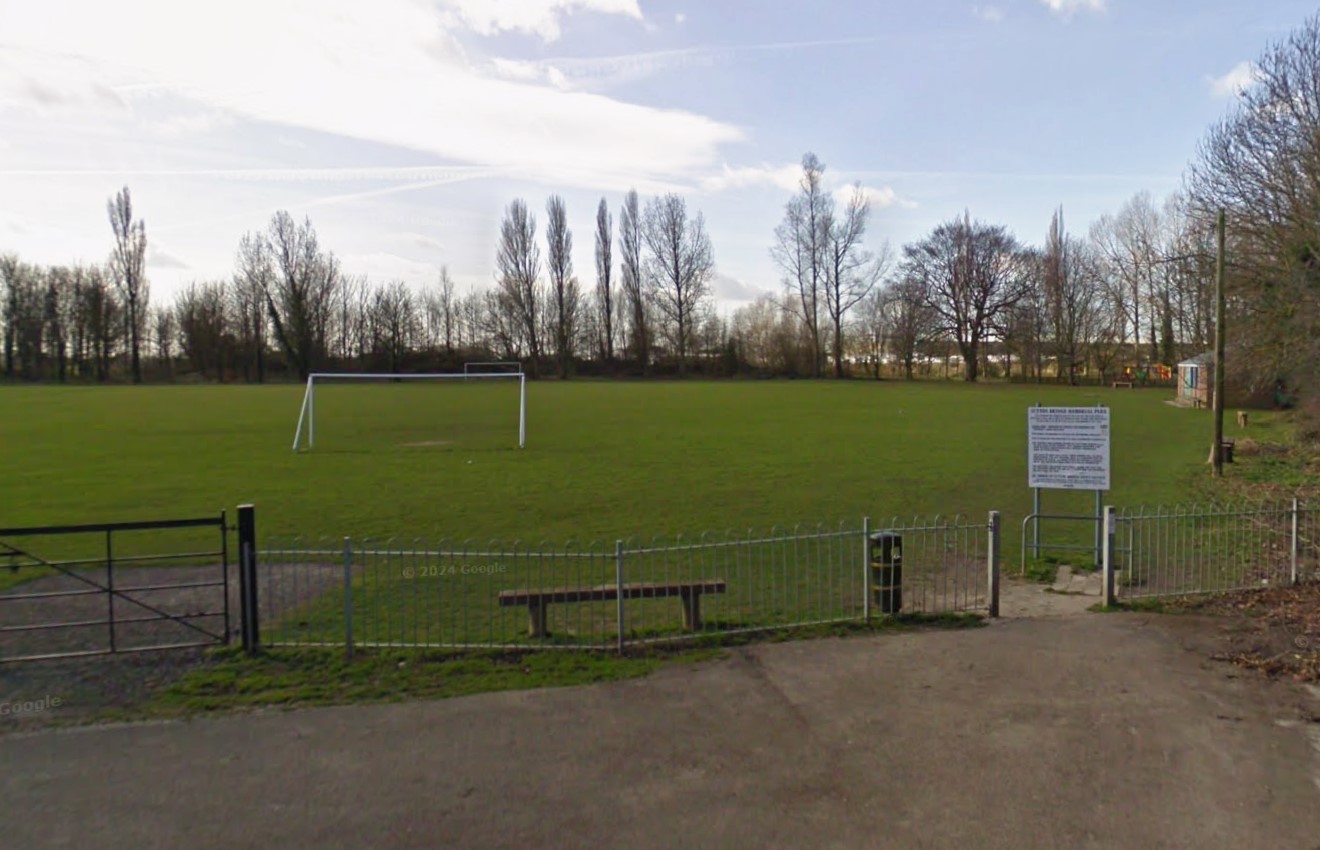Lincolnshire County Council is looking to reduce its annual £10.7m energy bill with a new carbon management plan.
The plan, which runs to 2023, will cover a range of issues from using solar panels on council buildings to encouraging car sharing and aiming for a paperless office.
The details were put before members of the council’s executive on Tuesday and it says the council wants to be ‘nationally recognised as a leader for environmental improvement.’
It will be the third Carbon Management Plan utilised by the county authority which has already reduced carbon emissions by 23.4 per cent as a result of previous initiatives.
The plan, produced with the Carbon Trust, commits the council to a 20 per cent reduction in emissions which would save some 20,103 tonnes of carbon dioxide equivalent (greenhouse gases) over the five year life of the plan.
Measures include upgrading streetlights to LED, increasing electric vehicle facilities and usage, installing solar energy within the property portfolio and reducing water usage.
Boiler replacement and re-roofing are also on the list along with working with maintained schools to reduce energy usage.
The cost of implementing the plan is estimated at £5,035,541 with anticipated annual savings of £178,000 by 2023.
The funding has already been secured through a range of streams and progress will be reviewed annually in July.
According to the report, the cost of re-roofing council properties to meet modern standards would cost £709,000 and save £3,200 a year – so the payback time is put at 222 years for that element of the project. Whereas the boiler replacement programme costs £170,500 and has an 11 year payback.
The county council could utilise electric vehicles in its fleet and ‘explore future opportunities for local power generation.’
Of the options on the table, there are 22 projects which have a payback time of ten years or less and if they are all implemented then the payback on capital investment would equal 6.5 years.
Replacing street lights with LED lamps is a £3.6m project saving a total of £407,605 a year – with a payback time of 56.6 years in total.
The council is also looking at reducing water consumption on its properties including rainwater harvesting. It is also considering driving courses for staff to reduce energy use while encouraging car-sharing and using bikes for work.







